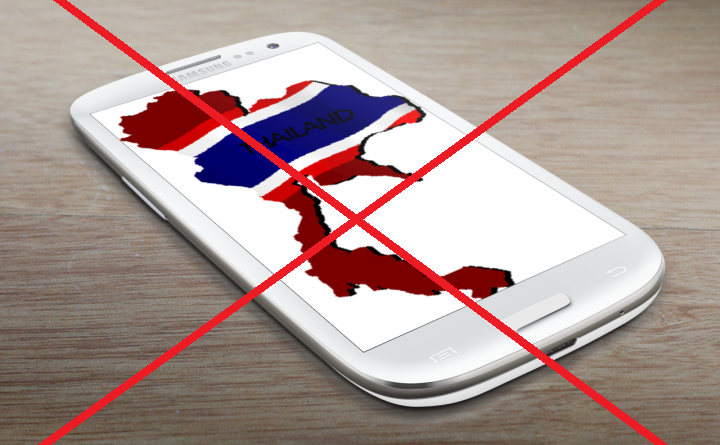Ministry Clamps Down On Use Of Foreign Internet In Laos
Source: Vientiane Times
The authorities have warned people using internet services commercially provided by operators in neighbouring countries to refrain from doing so as it violates Lao law.
The Ministry of Post and Telecommunications issued the warning recently, requiring users to uninstall or remove devices that access internet networks in neighbouring countries.
The ministry has told users they must remove their receivers within 30 working days starting from October 31.
In its warning, the ministry said many individuals, legal entities, hotels, restaurants and other businesses have installed internet signal receivers so they can access internet services from other countries, which is against the law.
“Individuals, legal entities, hotels, restaurants and businesses are prohibited from importing or installing internet signal receivers from foreign countries,” the ministry warned.
Those ignoring the warning will be penalised in accordance with the relevant laws and regulations.
Using the receivers, people living as far as 10km or even further from the border can receive an internet signal from a neighbouring country, Deputy Director General of the Frequency Department, Ministry of Post and Telecommunications, Mr Chaleun Sibounheuang, told Vientiane Times on Wednesday.
He said Laos and Thailand had agreed to limit the reach of mobile phone signals into one another’s territory, but an agreement to regulate or limit internet access had not been made.
“As the internet issue has emerged, the relevant sectors in Laos raised the matter at our annual meeting with our Thai counterparts,” Mr Chaleun said, referring to the meeting of the Lao-Thai Joint Technical Committee on Coordination and Assignment of Frequencies.
He warned individuals and businesses using internet signal receivers that allowed them to access foreign networks to stop, saying the authorities in charge have signal detectors that enable them to identify illegal users.
Mr Chaleun said receivers are normally installed outside a house so technicians can identify users without the need for a detector.
Lao mobile service providers have reportedly been affected by strong signals from service operators in Thailand. In 2013, DTAC – Thailand’s second largest mobile service provider – agreed to reduce its signal strength along the border to reduce signal interference in Laos after the issue was raised two years earlier, Thailand’s Bangkok Post reported.
Laos and Thailand have agreed that their mobile signals shall not extend more than one kilometre inside populated border areas, and 2km in other places.
The signal level from another country in border areas is capped at -90dBm for 2G technology and -100dBm for 3G, according to the Bangkok Post. (dBm stands for decibel-milliwatt, an electrical power unit measured in decibels.)

